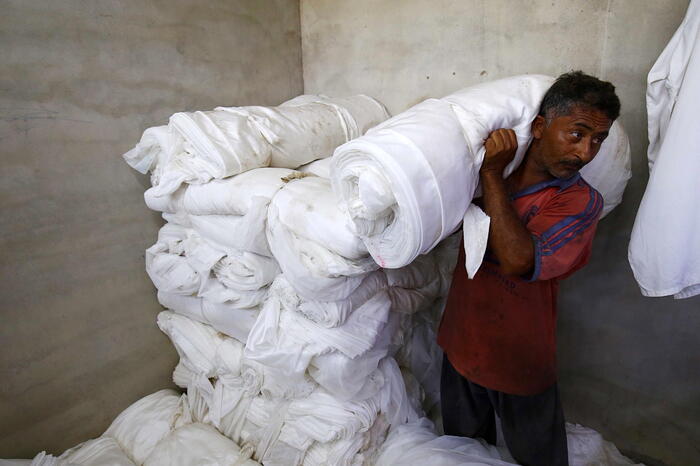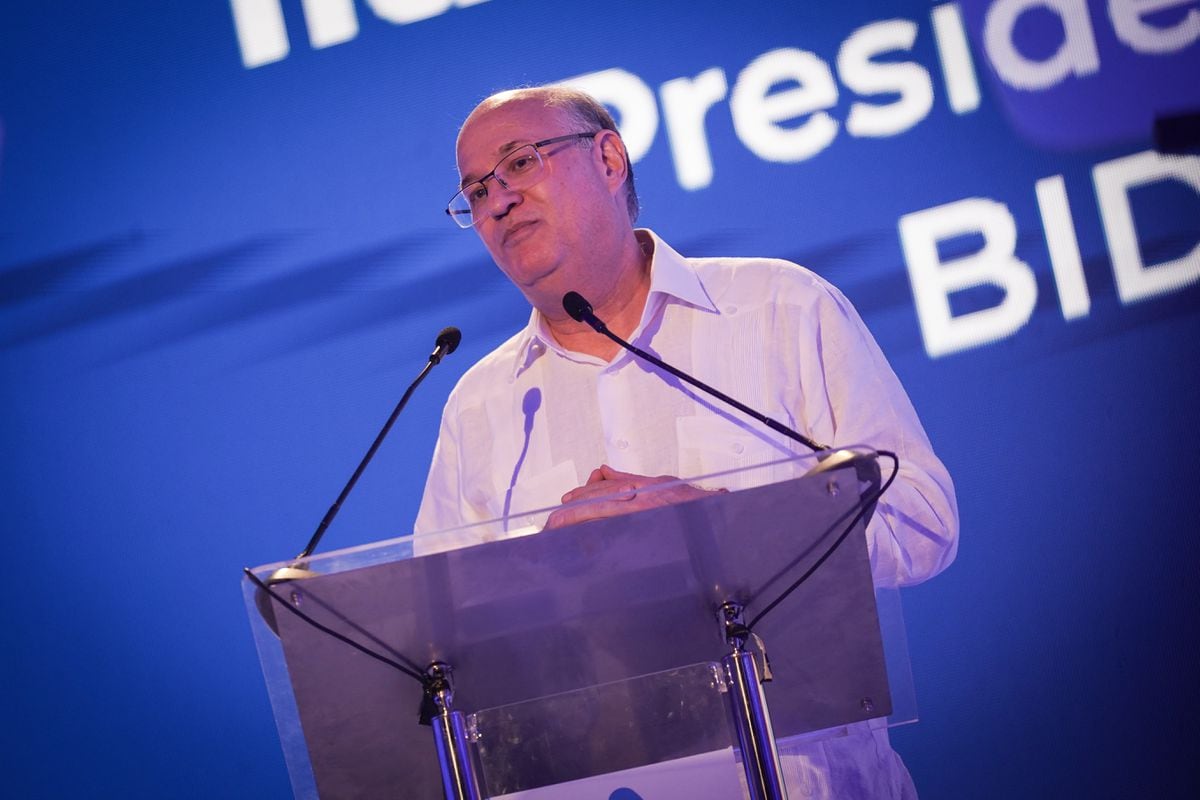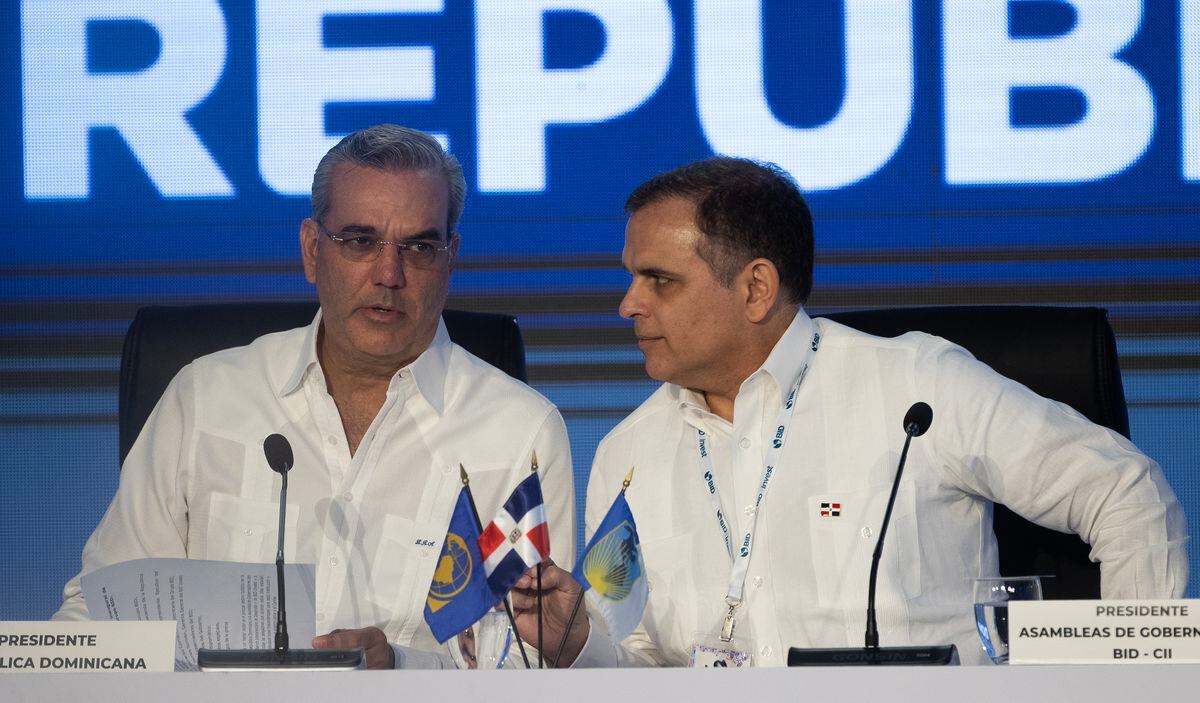In 2019, different voices from the economic
mainstream
began to talk about the need to give business activity a purpose.
Both the president of the largest investment managers worldwide, Blackrock, and the American Business Roundtable, —a business association that brings together large American multinationals such as Amazon, Google, Coca-Cola—, made a diagnosis: survival in the medium term of companies happened because they incorporated an approach focused on creating value for all their stakeholders, not only shareholders, but also workers, customers, suppliers and local communities.
With this concern, large companies recognize that they must play a key role in tackling two of the main challenges of our time: inequality and climate change.
Although debates about business purpose have continued since then, since the outbreak of the pandemic it has been difficult to find evidence of this concern in the actual practices of larger companies.
It is true that many launched social action initiatives in the midst of a health emergency, but it seems that we are still far from proving that they have stopped prioritizing the interests of their shareholders.
Proof of this is that, in the year of the pandemic, 40% of the Ibex 35 companies distributed a higher dividend than the previous year, despite the general drop in results.
The vocation of the solidarity economy is not limited to finding a market niche and exploiting it, but rather it aims to be a transformative alternative
However, there is another type of business reality where this search for purpose is installed and developed.
It is the ecosystem of the Solidarity Economy, which understands that economic activity must always be a means at the service of people, and not just an end.
To do this, it brings together a vision and a practice that seeks to place the processes of the sustainability of life at the center of the economic sphere.
In Spain, the Solidarity Economy Network brings together almost a thousand organizations and companies, which act in different fields, including responsible consumption, ethical finance, fair trade and many more, and are guided by the Charter of Principles of Solidarity Economy.
This declaration guides the future of their organizations and the economic, social and political project of which they are a part.
This is precisely one of its strengths, its determination to combine thinking and doing other economics, so that business action has a clear compass, and that reflection is constantly contrasted with practice.
In fact, the Charter, although it was drawn up in 1995, has been revised three times, the last one this year, as changes have been taking place both locally and globally.
It is about companies going beyond declarations and that these principles have an effective and demanding translation into practice.
Equity, decent work, ecological sustainability, cooperation, fair distribution of wealth and commitment to the environment are the six principles that synthesize its essence.
A whole declaration of intent and a no small challenge to carry out a business activity.
Some of these concepts are not new to the industry.
In fact, it is difficult to find companies that do not declare promoting decent work, commitment to the environment and ecological sustainability.
But what it is about is going beyond the declarations and that these principles have an effective and demanding translation into practice.
And that requires delving into each of the aspects.
For example, decent work not only consists of facilitating quality working conditions, but also includes reconciliation, care, horizontality and the implementation of participatory processes within organizations.
After all, the vocation of the Solidarity Economy is not limited to finding a market niche and exploiting it, but rather it aims to be a transformative alternative, which changes the rules of the game of economic activity to focus on collective well-being.
This is its reason for being.
With a system based on competition and hierarchical relationships and abuse of power, reaching the vocation with which the solidarity economy was conceived is difficult.
Rather, it must be supported by cooperation and collaborative work, which integrates all people on equal terms and opportunities.
This also involves questioning the profit motive of companies, dedicated to remunerating capital providers in the short term and allocating its value to internal strengthening and the proliferation of more transformative initiatives.
As consumers, the solidarity economy provides us with many keys to reflect on how to consume responsibly and critically.
For all this, it is worth supporting and helping to make this movement known.
Currently, the State Network for Solidarity Economy is seeking supporters for the new version of the Solidarity Economy Charter.
It is an invitation to all those people and organizations that believe that economic activity can be inclusive, fair and respectful of the planet.
Miguel Alba Ruiz-Morales
is responsible for Inequality and the Private Sector at Oxfam Intermón.
You can follow PLANETA FUTURO on
,
and
, and subscribe
here
to our 'newsletter'
.





/cloudfront-eu-central-1.images.arcpublishing.com/prisa/6QTLY5O5HNLTHDIKOJG7O6H5DA.jpg)









